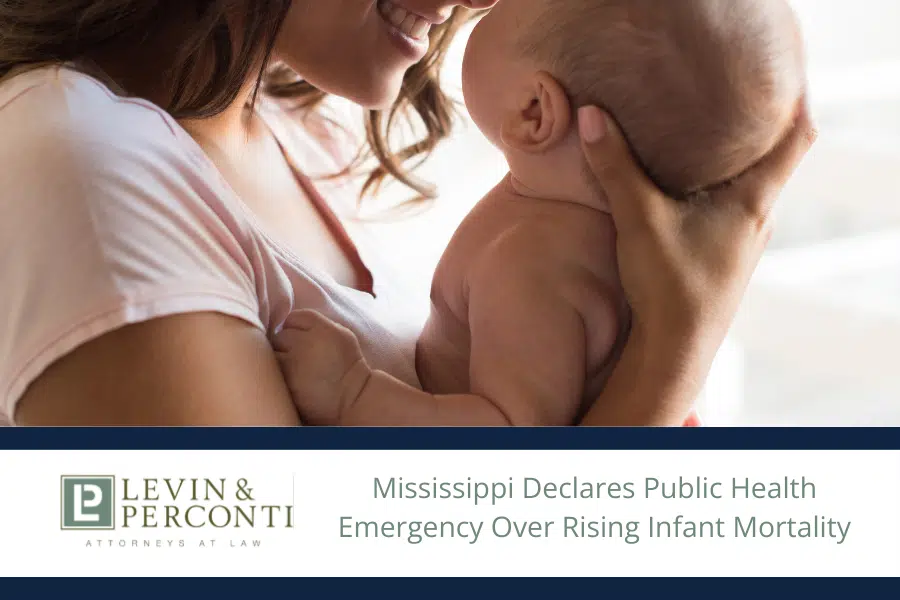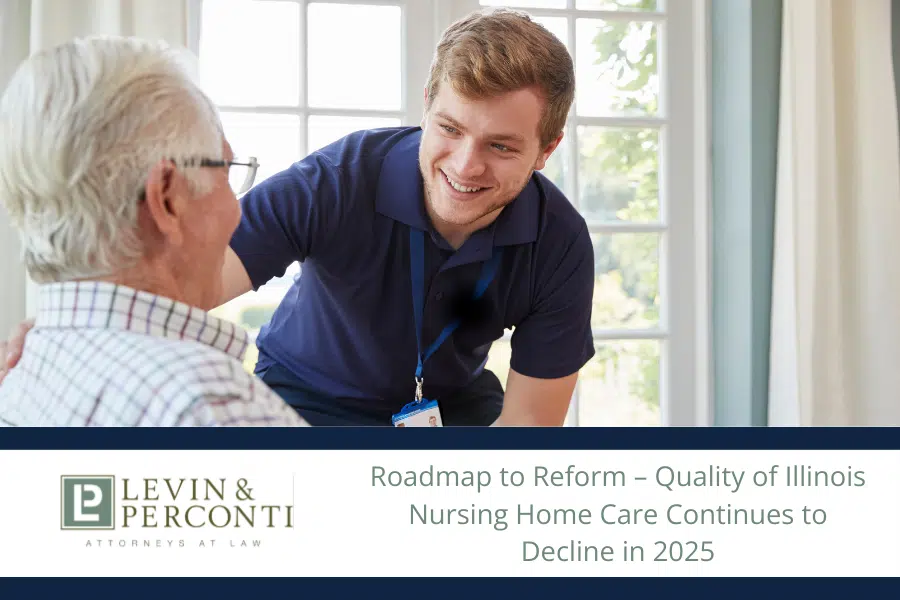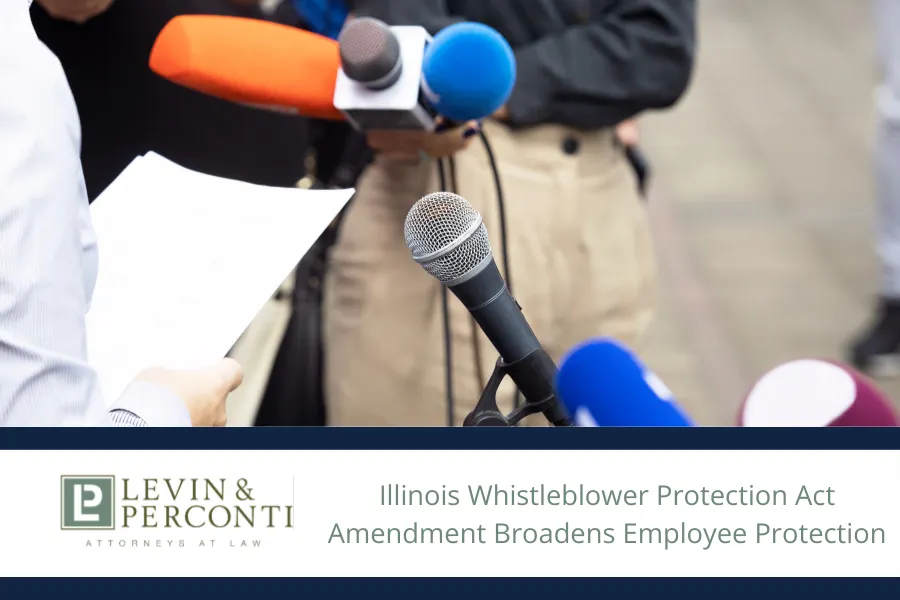
Content Reviewed by:
Dov Apfel
Content Reviewed by: Dov Apfel
Accordion Content
Since 1979, Dov Apfel has been passionate about advocating for birth injury and medical malpractice victims. Mr. Apfel’s career-long record of achievements in birth injury litigation, education, and advocacy has been recognized by the Executive Board of the Birth Trauma Litigation Group of the American Association for Justice. His expertise is demonstrated by his numerous awards, presentations on birth injury topics at legal conferences for organizations like the AAJ and ATLA, and articles published by Trial Magazine and many others.
Brain Injury Awareness Month Serves as a Reminder for Medical Professionals to Work Harder in Preventing Birth Injuries
March is Brain Injury Awareness Month. The birth injury lawyers at Levin & Perconti and their families would like to acknowledge and support the 5.3 million Americans living with a brain injury, including the 2 out of every 1,000 newborn infants who suffer from oxygen deprivation at birth. Asphyxia is an irreversible event that occurs when an infant’s brain is deprived of oxygen for an extended time prenatally, intrapartum, or postnatally, resulting in abnormal neurologic function. The harm can be incredibly debilitating and impact the child’s suffering for the remainder of their life.
Common brain injuries as result of asphyxia at birth include:
- Hypoxic-ischemic Encephalopathy (HIE): A lack of oxygen to the brain causes hypoxic-ischemic encephalopathy and brain swelling, which cuts off the blood supply. As the body tries to protect the brain, other organs such as the kidneys and liver can be damaged. It is essential to quickly cool the body to prevent damage because the brain’s swelling occurs over several hours before the damage becomes permanent. Maternal health, labor and delivery complications, preventable infections, and failure to perform a timely cesarean section can trigger HIE.
- Fetal Stroke: Disrupted blood flow to the brain can cause a prenatal stroke or in utero stroke, making it one of the most commonly known causes of cerebral palsy in term and near-term infants. Some fetal strokes can be caused by the improper use of delivery tools such as forceps or vacuum extractors. A mother who has not been diagnosed or treated for preeclampsia, cardiac disorders, autoimmune disorders, or gestational diabetes may be carrying an infant at risk of fetal stroke.
- Meconium Aspiration Syndrome: According to the National Institutes of Health, meconium is the fecal matter passed by a newborn soon after birth. When babies experience stress inside the womb, they may pass meconium into the uterus. The infant may breathe in the meconium while still inside the womb or directly after birth. Once this substance enters the lungs, it can cause the infant’s lungs to swell, blocking the airway.
Asphyxiation injuries remain the leading cause of infant brain damage, alongside congenital defects and external trauma to the head during childbirth resulting from the misuse of delivery devices such as a vacuum or forceps. When medical provider negligence is involved in a childbirth-related injury, it is likely due to a failure to monitor the fetus and respond to distress or diagnose a potential delivery issue. Many birth injury lawsuits related to asphyxia have been filed because of a mother’s labor and medical delivery team’s negligence.
Looking Out for Symptoms of Brain Damage in Newborns
Unfortunately, infant brain injuries are rarely diagnosed right away. It takes a qualified, trained, and observant medical team to pick up some of the early indications of possible brain damage. Parents are often the first to notice changes or physical abnormalities observed while caring for their babies. Please note that these early physical symptoms are only present with certain types of infant brain injuries and do not include all infant brain injury signs.
- facial features appear abnormal or distorted
- overly large forehead or undersized head
- twisted or misshaped spine
- spontaneous seizures
- stiffness in the neck and limbs
- not able to move and focus eyes
- not able to sleep laying down
- intense crying (with arched back)
- feeding and nursing problems
Issues for younger children born with an undiagnosed brain injury may include:
- abnormal temperament
- disruptive behavioral patterns
- movement and walking disabilities
- speech difficulties
- learning disabilities
- cognitive impairments
- hearing or vision loss
- epilepsy
- changes in an emotional state
- spinal deformities
- joint problems
Brain damage in infants will usually become apparent as the child grows and repeatedly fails to achieve various developmental milestones. A pediatrician should act swiftly and seek further evaluation for the child when noting any of these challenges.
Brain Damage Is Leading Cause of Childhood Disability – Cerebral Palsy
The Centers for Disease Control and Prevention data shows cerebral palsy is the most common motor and movement disability of childhood and is defined as a medical condition caused by brain damage. While cerebral palsy related to genetic abnormalities cannot be prevented, careless medical mistakes can cause brain damage to a fetus during pregnancy or infant during childbirth and lead to cerebral palsy.
There is no cure for the four types of cerebral palsy, including spastic (with subtypes like diplegia, hemiplegia, and quadriplegia), dyskinetic cerebral palsy, ataxic cerebral palsy, and mixed cerebral palsy.. Mixed cerebral palsy will present symptoms of two or three of the other types and are the most common. Cerebral palsy can cause a range of disabilities, from mild to severe, and require a proper diagnosis to provide the correct treatments and therapies.
Nearly Half of All Birth Injuries Could Be Prevented
With greater prenatal care, prevention and screening, and support for mothers and safe deliveries, researchers say about half of all birth injuries, including brain injuries that cause life-long disabilities such as cerebral palsy, could be avoided each year across the U.S. A higher concentration of the most preventable birth injury cases does involve mothers from low-income and rural communities who may not have access to health insurance or may lack the nutrients needed for healthy childbirth or access to healthcare professionals.
In 2019, NPR reported that losing a baby before their first birthday happens far more often to Black mothers than those of other races in Illinois, where Black baby mortality is among the highest in the nation. Women in urban, suburban, or rural environments who lack access to quality healthcare represent the Black women in Illinois at most risk of having a child born with a birth injury.
Act Quickly If You Suspect a Brain or Birth Injury in Your Newborn
If your baby suffered brain damage at birth, the consequences could be devastating for you, the baby, and your family. Some infants who suffer from a birth injury to the brain do become miracle stories, have positive outcomes, and survive minimal-lasting harm. But for those with moderate to severe damage, the prognosis is less optimistic. We suggest that whatever your case, you start with these three steps.
- Request the appropriate evaluations and medical care. Many babies suffer from severe injuries that require ongoing assessment and medical care, but some problems may not appear until days, weeks, or even months after the injury occurred. If your or your baby is experiencing any difficulties, seek immediate medical attention or dial emergency services.
- Collect a record of what happened. Start an injury journal with dates of medical visits, outcomes, and recall your summary of what happened leading up to, during, and after the birth injury. Keep a folder with the information you have received, including diagnoses, treatment plans, medical documents, test results, and financial statements. This way, the data can be more easily communicated when presenting your case.
- Evaluate your need for legal support. Your child’s brain damage and unfavorable prognosis may have been caused by medical malpractice. If you think you can prove that your doctor made a mistake that may have led to that brain damage, you could recover compensation that would help you give your child everything he needs. After you have been provided the support and care your child requires, contact an attorney. Law firms experienced in birth injury litigation can help identify the evidence needed to prove that a medical professional did not do all they could to keep you or your child safe. And that it is possible the injuries could have been prevented with more reasonable, effective, and immediate medical care.
Children born with brain injuries may be living with the complications indefinitely, such as learning disorders and delayed development. To provide the best care for your child, you will need access to treatment, therapy, and ongoing care and support, but the costs are high. And legal help may be necessary, especially when facing a lifetime of medical expenses and persistent emotional pain as a result.
Families who follow through with a birth injury or hospital negligence lawsuit have realized that their child may suffer from severe complications that prevent them from participating in daily activities. Additionally, some infants born with brain injuries do not survive in which parents are forced to live with suffering and grief for the rest of their lives. Whatever your situation, we are so sorry for your pain. Please know that it is normal to have maddening, grief-filled, angry, and heart-wrenching feelings. When you are ready, let us help you. We can help guide you through the process and do everything possible to win a settlement for your baby and family.
A Chicago Birth Injury Resources for Families of Infants with Brain Damage
The Illinois birth injury attorneys at Levin & Perconti have taken on every role in life and are uniquely positioned to understand parental worries and sensitivities. We can be relied on to get answers, settle disputes, and earn you compensation for economic losses, physical and emotional damage to your quality of life, and even the lost life of a child. Please do not hesitate to call us at 312-332-2872 in Chicago or toll-free at 877-374-1417.



